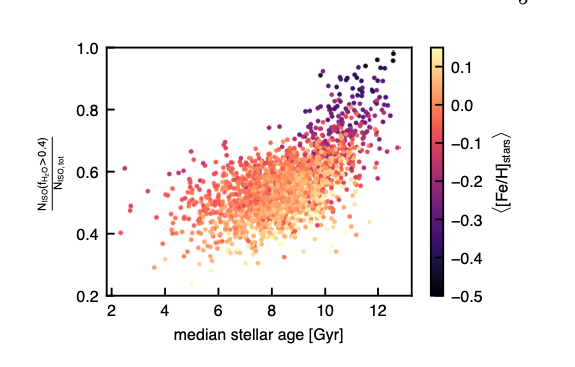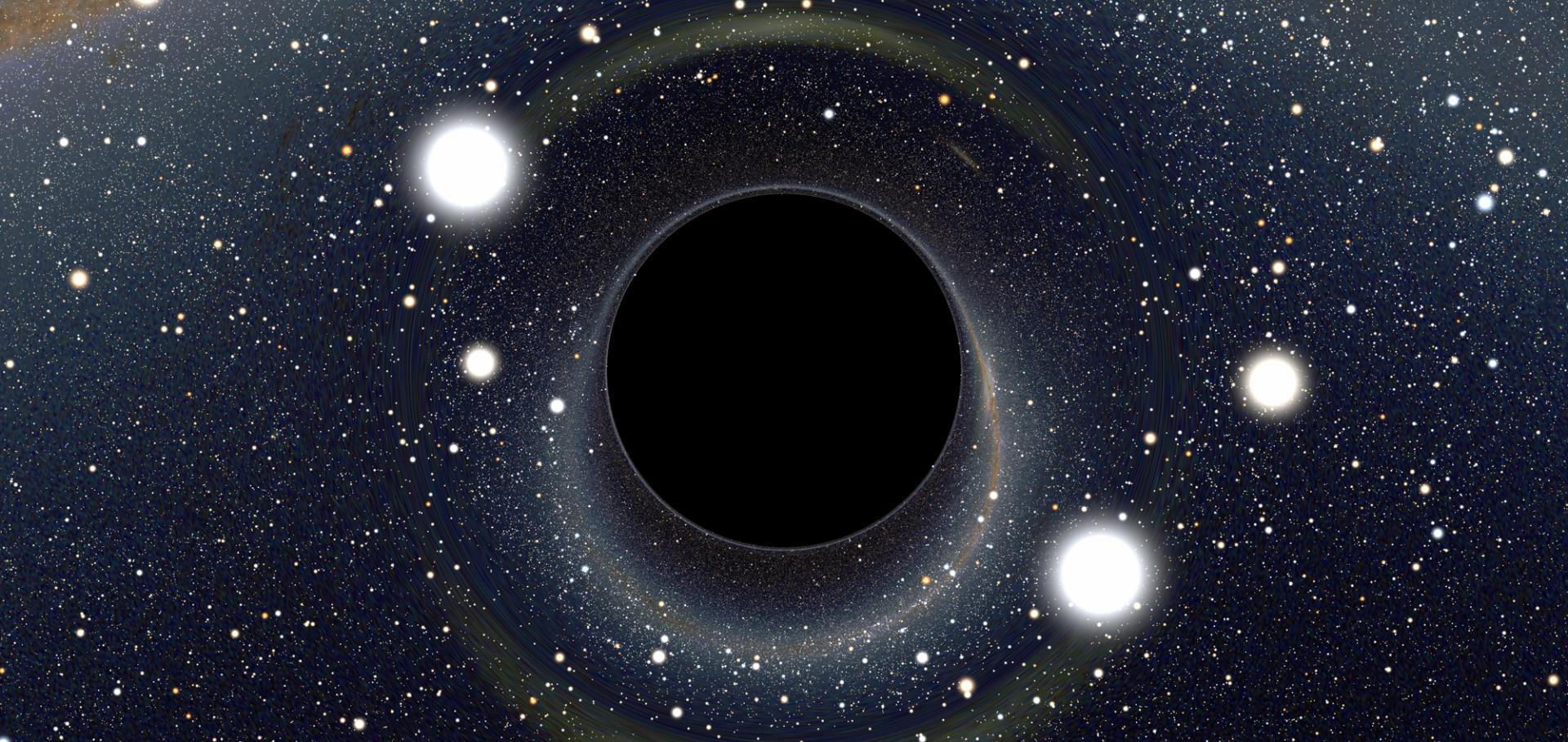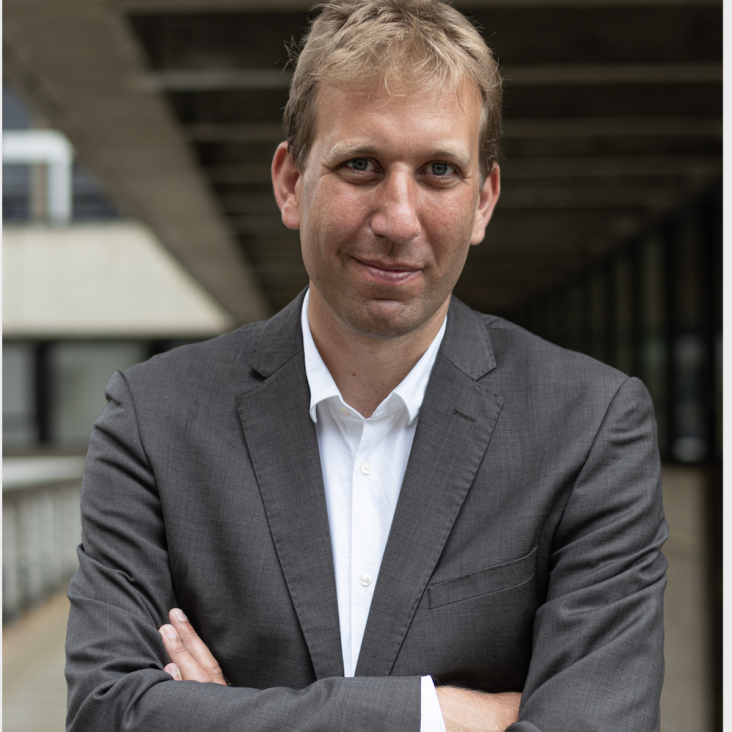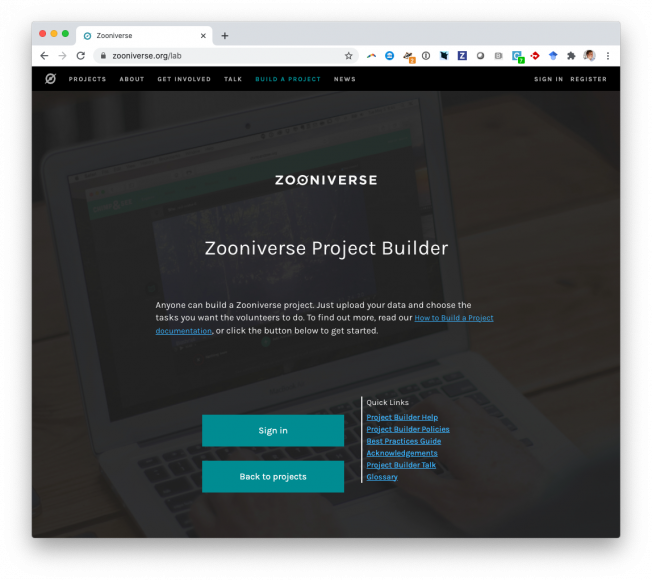Exploring the Universe together
Welcome!
I am a distractible astronomer who specialises in galaxy formation, machine learning including anomaly detection, and occasional planet hunting. These projects usually make use of the Zooniverse citizen science platform, working in collaboration with more than two million volunteers around the world. I'm a proud and excited member of the collaboration building the Vera Rubin Observatory, which will power the next astronomical revolution.
I am also an author, a broadcaster for the BBC's long-running Sky at Night program, and involved in all sorts of public engagement and outreach projects. Follow me on Twitter, Mastodon or Bluesky for updates and occasional opinions.
New Book: 'Our Accidental Universe'
Gresham College
I currently serve as the 39th Professor of Astronomy at Gresham College in London.
Gresham College is an extraordinary place, founded in 1597 to bring 'new learning' to Londoners and open to everyone ever since the beginning. Astronomy has been one of the seven chairs from the start. There's a strong Oxford connection, with my colleague Katherine preceeding me
There is a growing library of my previous talks on the Gresham College website, as well as details of this year's program. I encourage you to seek out my wonderful colleagues too.
Interstellar Objects in a Galactic Context
A new adventure is my work in trying to understand the properties of interstellar objects passing through the Solar System, using cosmological models of galactic evolution and chemical models of planetesimal formation to understand how the properties of objects like 'Oumuamua depend on their origins, and what such objects can tell us about processes on many scales.

A collaboration with Michele Bannister and friends, we're making progress on predicting what future interstellar objects might be like. Excitingly, their properties depend on the details of star and planet formation and on the structure of the Milky Way. You can read more in our papers.
Editing
I'm the Lead Editor responsible for (deep breath) Laboratory Astrophysics, Instrumentation, Software and Data for the journals of the American Astronomical Society, including the Astrophysical Journal and Astronomical Journal.
I am especially interested in ensuring that those carrying out work in software development and instrument building and design get credit for the work in their traditional literature.
I also run the Research Notes of the AAS, which encourages short, moderated reports of works in progress, observational notes and - importantly - negative results.
Oxford duties
I am a Research fellow at New College, where I help lead the Balzan Centre for Cosmological Studies. In the Department, I normally chair the Access and Public Engagement Committee, but am on sabbatical for 2025/26. I am an member of the Board of Visitors of the History of Science Museum, and was previously on the Board of Visitors for the Ashmolean Museum from 2018-2022, and am still very interested in museums and museum practice.



